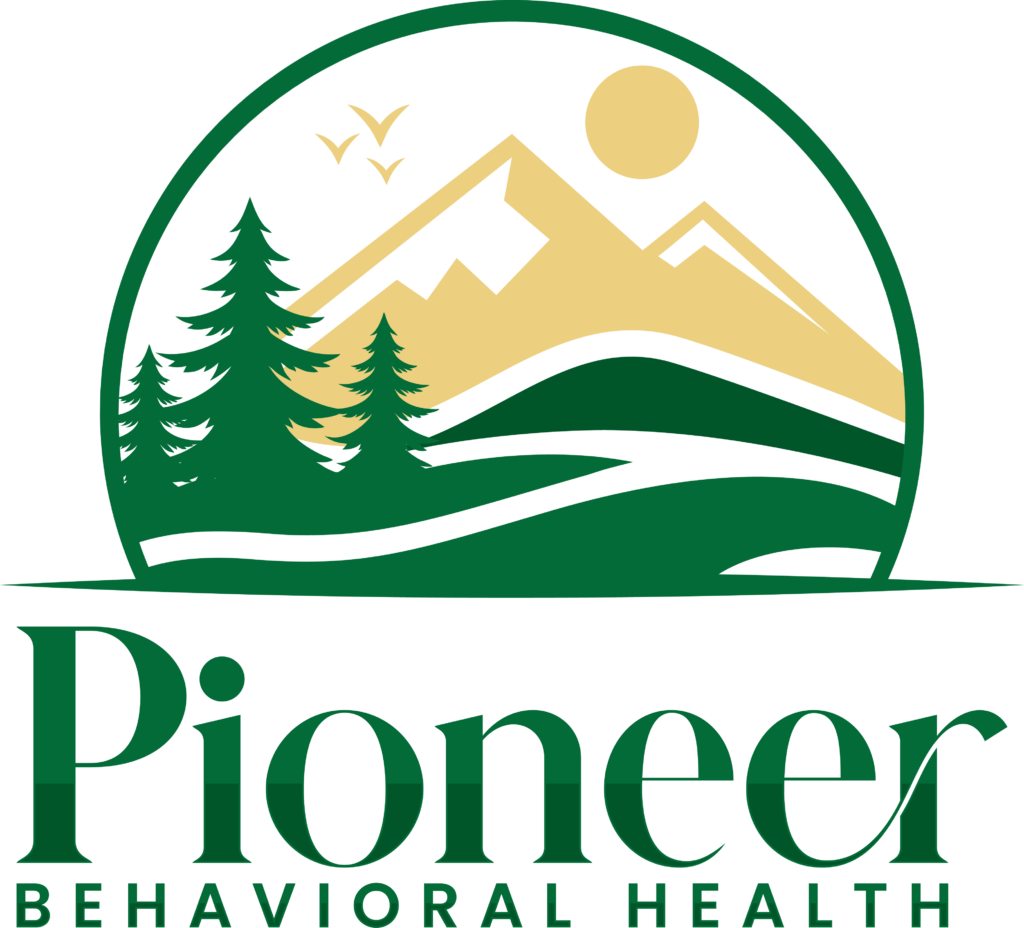Alcohol addiction is a complex condition that affects not just the body but also the mind and emotions. While detox and medical interventions address the physical dependence on alcohol, therapy plays a crucial role in tackling the underlying psychological and emotional challenges that contribute to addiction. Evidence-based therapies like Cognitive Behavioral Therapy (CBT) and Dialectical Behavior Therapy (DBT), along with other therapeutic approaches, form the backbone of effective alcohol treatment programs.
Cognitive Behavioral Therapy (CBT): Changing Thought Patterns
CBT is one of the most widely used therapies in alcohol treatment. It helps individuals identify and challenge the negative thought patterns and behaviors that drive their drinking habits.
Key benefits of CBT in alcohol treatment include:
- Recognizing Triggers: CBT teaches individuals to identify situations, emotions, or thoughts that trigger their urge to drink.
- Developing Coping Strategies: It equips individuals with practical tools to manage stress, cravings, and high-risk situations without resorting to alcohol.
- Building Problem-Solving Skills: CBT focuses on fostering a proactive mindset to address challenges and setbacks during recovery.
Through structured sessions, clients work closely with therapists to replace harmful behaviors with healthier, more constructive ones.
Dialectical Behavior Therapy (DBT): Managing Emotions
DBT is particularly effective for individuals who struggle with intense emotions or co-occurring mental health disorders, such as borderline personality disorder, anxiety, or depression. It helps people build emotional resilience and improve their relationships, making it a valuable tool in alcohol treatment.
Core components of DBT include:
- Mindfulness: Teaching individuals to stay present and grounded, reducing impulsive drinking behaviors.
- Distress Tolerance: Building skills to cope with challenging emotions and situations without resorting to alcohol.
- Emotion Regulation: Learning to manage and process overwhelming feelings in healthier ways.
- Interpersonal Effectiveness: Improving communication and relationship skills to foster a supportive recovery environment.
DBT helps clients create a balance between accepting themselves and making meaningful changes in their lives.
Family Therapy: Healing Together
Alcohol addiction often affects more than just the individual—it impacts relationships with family and loved ones. Family therapy works to repair these relationships and create a support system that reinforces sobriety.
Benefits of family therapy in alcohol treatment include:
- Improved Communication: Helping families understand and express their feelings in constructive ways.
- Addressing Codependency: Breaking patterns of enabling behavior and fostering healthy boundaries.
- Building Support Networks: Empowering families to support their loved one’s recovery while also addressing their own needs.
Trauma Therapy: Addressing the Root Causes
For many individuals, unresolved trauma is a significant factor in alcohol addiction. Trauma-focused therapies, such as Eye Movement Desensitization and Reprocessing (EMDR) or trauma-focused CBT, help clients process and heal from past experiences, reducing their reliance on alcohol as a coping mechanism.
Holistic and Alternative Therapies: Beyond Traditional Approaches
In addition to evidence-based therapies, many alcohol treatment programs incorporate holistic and alternative approaches to support overall well-being. These may include:
- Mindfulness and Meditation: Promoting relaxation and emotional balance.
- Art and Music Therapy: Providing creative outlets for expression and healing.
- Exercise and Nutrition Counseling: Enhancing physical health and boosting mood during recovery.
Why Therapy is Essential in Alcohol Treatment
Therapy addresses the emotional and psychological aspects of alcohol addiction, helping individuals understand the “why” behind their drinking and equipping them with the tools to maintain long-term sobriety. By combining therapies like CBT and DBT with additional approaches tailored to each person’s needs, alcohol treatment programs empower clients to overcome addiction and rebuild their lives.
Take the First Step Today
If you or a loved one is struggling with alcohol addiction, therapy can be a transformative part of the recovery process. Contact us to learn more about our comprehensive alcohol treatment options and begin your journey to lasting sobriety.


